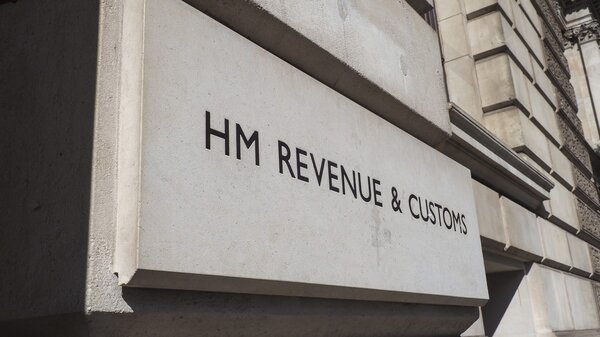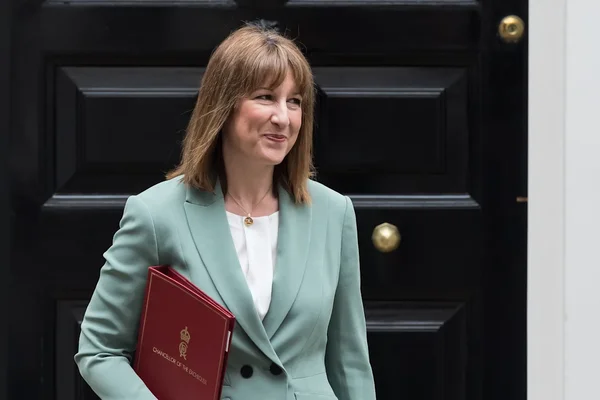Introduction
Labour has quietly buried references to its election manifesto from its official website just weeks before Chancellor Rachel Reeves delivers her highly anticipated Budget. The move has sparked accusations that the party is attempting to downplay its broken tax promises ahead of what critics are calling the “Nightmare Before Christmas” fiscal statement on November 26.
Links to Labour’s 2024 manifesto, which contained clear commitments not to raise income tax, National Insurance, or VAT, have been replaced with the party’s new “Plan for Change” document. According to political blog Guido Fawkes, remaining links to the original manifesto have been pushed to the bottom of the website, making them harder for visitors to find.
Manifesto Pledge Under Scrutiny
During the general election campaign earlier this year, both Sir Keir Starmer and Rachel Reeves repeatedly pledged that a Labour government would not increase taxes on working people. That promise helped secure Labour’s landslide victory in July 2024.
However, mounting fiscal pressures appear to have forced a rethink. The Chancellor recently admitted that sticking to the manifesto pledges would require “deep cuts” to public investment in critical sectors such as transport, energy, and digital infrastructure.
In a recent interview with BBC Radio 5 Live, Ms Reeves said:
“It would, of course, be possible to stick with the manifesto commitments, but that would require things like deep cuts in capital spending. What I can promise now is that I will always do what I think is right for our country.”
These remarks have been widely interpreted as the clearest sign yet that income tax rises are on the table.
Shift from Promises to Pragmatism
Reeves has sought to frame the potential tax increases as “tough but necessary decisions” to restore stability and promote long-term economic growth. She argued that cutting investment would damage productivity, which has struggled to recover since the 2008 financial crisis.
“Governments have always taken the easy option to cut investment in rail, road, and energy projects,” Reeves said. “I will not make those same mistakes.”
While refusing to confirm any specific Budget measures, she insisted that her policies would be “guided by fairness and national interest.”
Backlash from Within Labour
Senior Labour figures have warned that any decision to hike taxes would provoke fury among backbench MPs. Political commentator Nigel Nelson told GB News that Reeves risks alienating her parliamentary colleagues if she breaks a central election promise so soon after taking office.
“Her parliamentary party will be furious if she raises income tax,” Nelson warned. “But the advantage of doing it now is that she could ease the tax burden before the next election. Everything depends on whether she can grow the economy between now and then.”
The move could also open the government to attacks from the opposition, who have already accused Labour of betraying working people and “taxing Middle England into submission.”
Financial and economic implications
Estimates on the potential revenue from tourist taxes in England’s cities depend on the rate and local tourism levels. In major cities, even modest charges could yield millions of pounds annually, providing unrestricted funding for city governments.
Supporters argue that the additional resources could be invested in public realm improvements, transport infrastructure, and services such as policing and skills development, benefiting both visitors and local residents.
Importantly, advocates stress that granting local discretion over tax rates and spending would align mayors’ incentives with promoting visitor growth, rather than creating one-size-fits-all policies that fail to reflect local context. 'A targeted levy can boost city economies if revenues are used flexibly,' one city official stated.
Political considerations and local flexibility
There is strong political momentum behind devolving fiscal powers to city mayors, particularly those representing England’s largest metropolitan areas.
Labour-affiliated mayors and city leaders have been vocal in their support, arguing that more financial autonomy is essential for sustainable urban growth and reducing dependence on central government funding. Proposals emphasise the importance of local flexibility. Unlike Wales’ model a nationally-set flat fee advocates recommend allowing cities to determine their own rates and use revenues to support a wide range of priorities.
Critics have cautioned against 'hypothecating' tax receipts solely for the visitor sector, which they say could reduce the broader benefit of additional funding for local public services.
Final Summary
The introduction of flexible, locally determined tourist taxes is gaining renewed attention as a mechanism for boosting city resources and supporting the growth of urban economies.
With models already established in Europe, Scotland, and Wales, there is a growing expectation that similar powers should be granted to metro mayors in England’s largest cities.
Advocates highlight the importance of local discretion over both the rate and allocation of revenues, seeing this as critical to maximising the benefits for residents and visitors alike.
As government weighs the arguments, the move towards empowering city leaders through fiscal devolution continues to gather support among politicians and policy experts. Any changes will require careful design to balance the twin aims of economic competitiveness and sustainable urban funding.
For those monitoring the evolving debate around local taxes and public investment, the Pie app offers updates on the latest UK finance policy developments.











